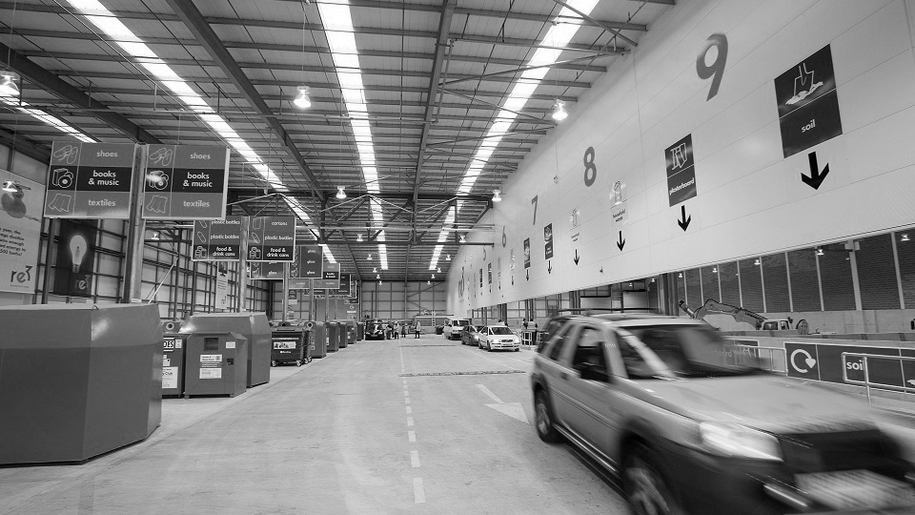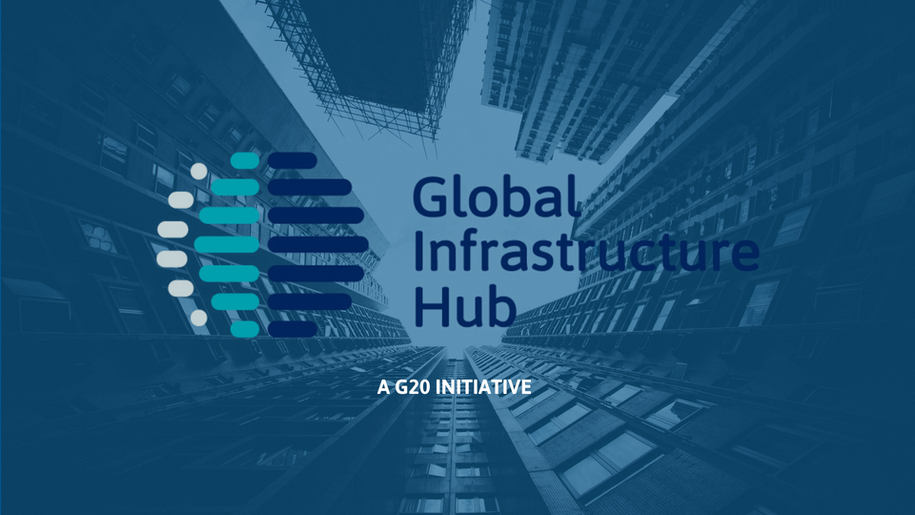1109 results found
Featured results



More results

A practical guide for governments, informed by a country-lens review of leading practices


The goal of this paper is to estimate the additional annual spending required for meaningful progress on the SDGs in these areas. Our estimates refer to additional spending in 2030, relative to a baseline of current spending to GDP in these sectors.

How can governments deliver quality infrastructure outcomes?

The Global Infrastructure Hub (GI Hub) has released a new reference tool to help governments lay the foundations for strengthening project preparation processes and capacities in order to prepare bankable and sustainable projects—a prerequisite for tackling the substantial global infrastructure gap.



The reference tool on Governmental Processes Facilitating Infrastructure Project Preparation closely examines the relationships between countries institutional arrangements for project preparation, funding programs, project identification, feasibility studies and project structuring, through the lens of country-level governance and implementation. This initiative closely aligns with the G20 Principles for Project Preparation endorsed by the G20 Leaders in November 2018.


The circular economy is now core policy for a growing number of countries with leadership from Finland, the European Union and Canada, but it is also taking a strong hold in Asia as Japan and China implement circular economic policies to transition them to a sustainable inclusive future.
This study is a comprehensive, empirical analysis of the linkages between governance, institutions, and regional infrastructure.

InfraChallenge is an innovation competition aiming to accelerate the global infrastructure industry. We are looking for the next digital solution to help solve one of the big infrastructure issues globally. Here are the top 5 reasons to enter.
Contractual disagreements and disputes are common in PPPs during both construction and operational periods.
Infrastructure projects in the Netherlands, such as the construction of roads, bridges and tunnels, have become larger and more complex in recent years. This thesis is about these kinds of infrastructure projects, about the challenges and tensions that go with them, about how people experience them and how they look jointly for solutions, and how they succeed or sometimes fail.

For this year s edition, we reached out to more than 10,000 people in 10 major global cities to ask about their everyday experiences with infrastructure services. How satisfied and safe do they feel with their roads and bridges, rail services and utilities? How engaged are they in the decision-making processes for new projects that can improve lifestyles and drive new economic growth?

Public-private partnership (PPP) contracts are long-term and they may have a duration of 20 to 30 years or more. Today, where technologies and social priorities (such as views on climate change and sustainability) are changing at an accelerated pace, it perhaps comes as no surprise that changes to PPP contracts through renegotiations are common.
As 2018 comes to a close, we would like to take this opportunity to thank you for your support this past year. The Global Infrastructure Hub (GI Hub) had an ambitious agenda for 2018 and we are pleased to say that, with the help of our partners and stakeholders, we have been able to achieve some important milestones.
One of the primary responsibilities of governments the world over is to provide public services to their citizens, including through infrastructure projects. However, governments are often faced with limited resources, constraining their ability to finance and deliver infrastructure on their own. Thus, it is often necessary to invite a private sector party to jointly provide the services in partnership with the public sector.
With a people-centred vision, the Argentine G20 Presidency placed sustainable development at the forefront of the G20 agenda in 2018, under the theme Building consensus for fair and sustainable development .
On 5 December 2018, a delegation of 15 staff, including senior level officials from China Clean Development Mechanism (CDM) Fund under the Ministry of Finance, and officials from ten provincial finance departments visited the Global Infrastructure Hub (GI Hub) in Sydney to learn more about the organisation’s mandate, mission, tools and products.

Transferring risk to the private sector in a PPP contract is frequently referred to as a key part of a PPP arrangement, as well as a key reason why governments use such an approach to procure infrastructure.


The GI Hub welcomes the commitment from the G20 Leaders in addressing the infrastructure financing gap and encouraging more private sector investment.
Initiated by the G20 in 2014, the Global Infrastructure Hub (GI Hub) is an independent entity that works with governments and the private sector to improve the delivery of high-quality infrastructure services in both G20 and non-G20 countries.
On 22 November 2018, the Global Infrastructure Hub (GI Hub) and the China Public Private Partnerships Centre (CPPPC) signed a memorandum of understanding (MoU) to establish and strengthen the collaborative partnership between the organisations.




 Project Preparation
Project Preparation










